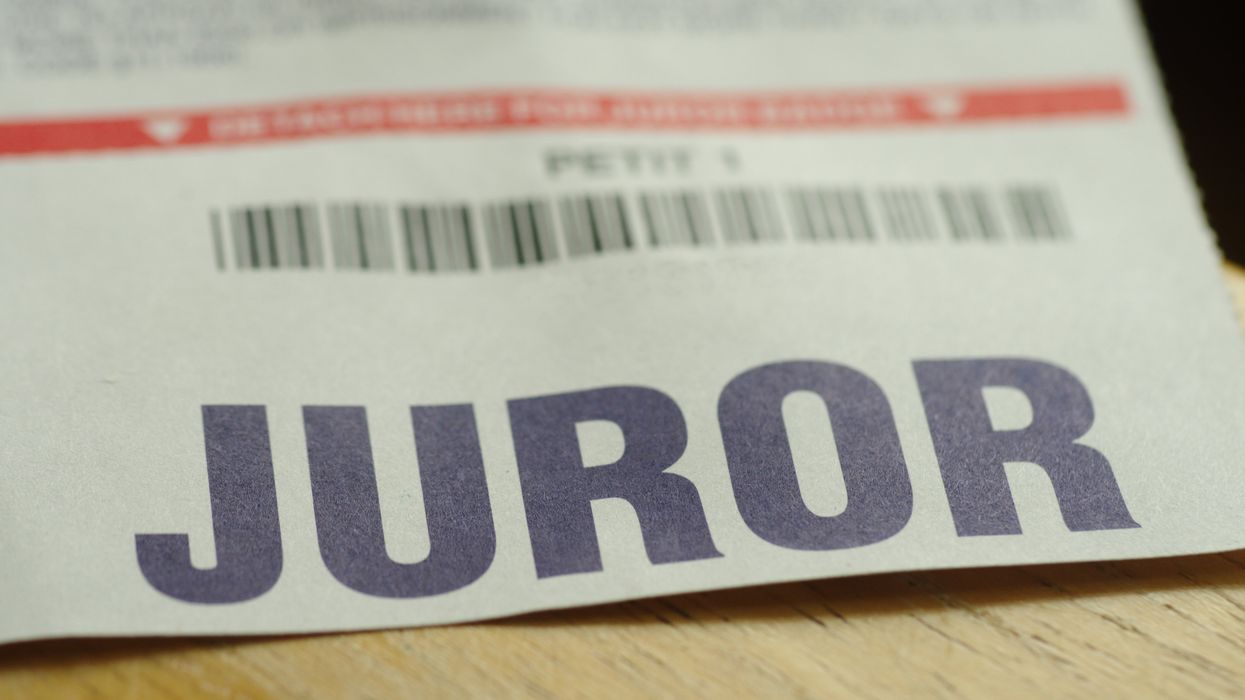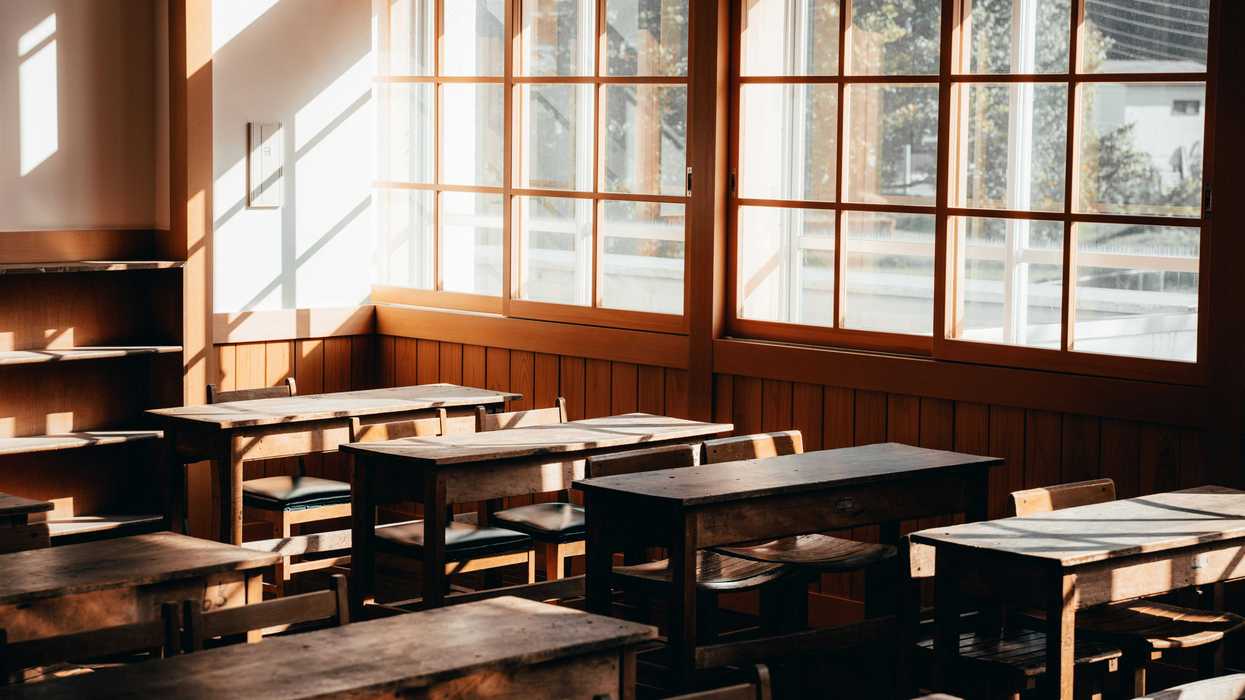McMillan is the director of volunteers for Mormon Women for Ethical Government.
The conviction of Donald Trump on 34 counts of falsifying public records is the latest news in a series of historic events over the course of an extraordinary election year. With this verdict and the reality of a former president campaigning while facing an additional 57 felony counts, there is a lot of news coverage of America’s courts. Can we trust the courts to do justice to this highly politicized environment? Can a jury of peers be counted on to deliver a fair and impartial judgment?
In February I served on a jury for the first time. Experiencing a trial firsthand and being one of the people responsible for deciding another person’s fate gave me greater appreciation for the justice system and for the citizens who make it work.
On that morning, 68 people responded to the summons, some driving 45-60 minutes across my rural Colorado county to the courthouse. I was one of 12 potential jurors randomly chosen for a round of jury selection, during which we were asked questions about being impartial. I began thinking how challenging it would be to be impartial in a highly publicized case, such as one involving Trump. I can understand why some cases are moved to different locations to avoid jurors who may be familiar with news or people in the case. Where could they possibly find a jury who hasn't heard of Donald Trump?
Now that I’ve been in the jury box, I realize what a big responsibility it is and, based on my experience, I believe jurors take it seriously. I realized the gravity of the responsibility as I participated in the process of the trial. Was it like TV courtrooms? A little bit. What you don’t see on TV is all of the teaching.
The judge clearly spelled out our duties and explained the laws relating to the case and how to view evidence versus what is said by the attorneys, all before the trial could even begin. These instructions informed, prepared and empowered me to fulfill my role as an impartial arbiter. After the prosecution and defense rested, we received even more instructions. The judge carefully explained each charge, the laws that applied, and what a guilty or not guilty verdict must rest on.
Then my fellow jurors and I deliberated. As the foreperson, I made sure each person in the group had a chance to ask questions and voice opinions. If one person wasn’t in agreement, we paused, asked more questions and listened. Our main task as jurors was to listen, and we did a lot of it.
As the group reached a consensus, we made sure the verdict for each charge was unanimous. As the foreperson, I had to sign my name to the group's decision. At my request, my fellow jurors looked over my shoulder to ensure my signature went on the correct lines. I felt the weight of my signature’s responsibility but also knew that my fellow jurors were standing in solidarity with me. We were near strangers who had come to a unanimous decision.
I watched with great interest as the jury was selected for New York’s criminal case against Trump. This jury of his peers was responsible for listening to the judge’s instructions, the evidence, the witnesses and each other as they deliberated. I now see how this is an effective system. As I served I saw my fellow jurors — among them a beauty shop owner, a commercial truck driver, a nonprofit director and a graduate student — do their best to act with integrity as they spent the day making the justice system work. No single attorney or judge gets to deliver a guilty verdict or an acquittal. A jury of peers makes the decision.
After the Trump decision, some have attacked the ordinary people who accepted the summons to serve as jurors. Of course, jurors are human beings, so there are occasions when they get it wrong. However, because of my experience serving on a jury, I have faith in my fellow citizens and in our system of justice. As the time comes for other high-profile cases to be decided for or against former President Trump, I hope we will feel greater confidence in our fellow citizens as jurors and in the judicial system we all participate in.




















